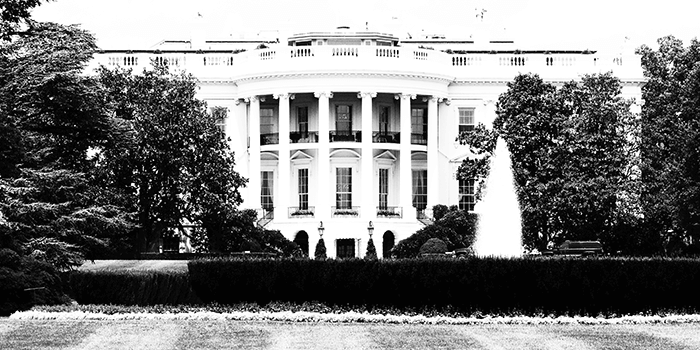
- President Trump has promised to “repeal and replace” Obamacare – but what does this mean for ophthalmology?
- With more individuals likely to be driven to join commercial healthcare plans, more physicians are likely to seek to partner and network with other physicians and organizations
- There are a number of alternative practice strategies physicians could embrace – but ultimately, it is too early to tell which will prove the most successful
- Ophthalmology has endured changes before, and many practices continue to thrive – so it’s also entirely possible that the expected levels of disruption may never materialize
Ever since the results of the US election became international news on November 9, speculation on the changes Trump might make to the healthcare system have been rife. His promise was to repeal and replace Obamacare, but the big questions remain: what form will this take, and what will it mean for healthcare – including ophthalmology? It’s still too early to predict (with any degree of precision) how the US healthcare delivery systems will change under the Trump administration and a Republican-controlled Congress, but two changes appear more likely than others: dismantling the core of the Accountable Care Act related to state exchanges and eliminating mandatory health insurance.
